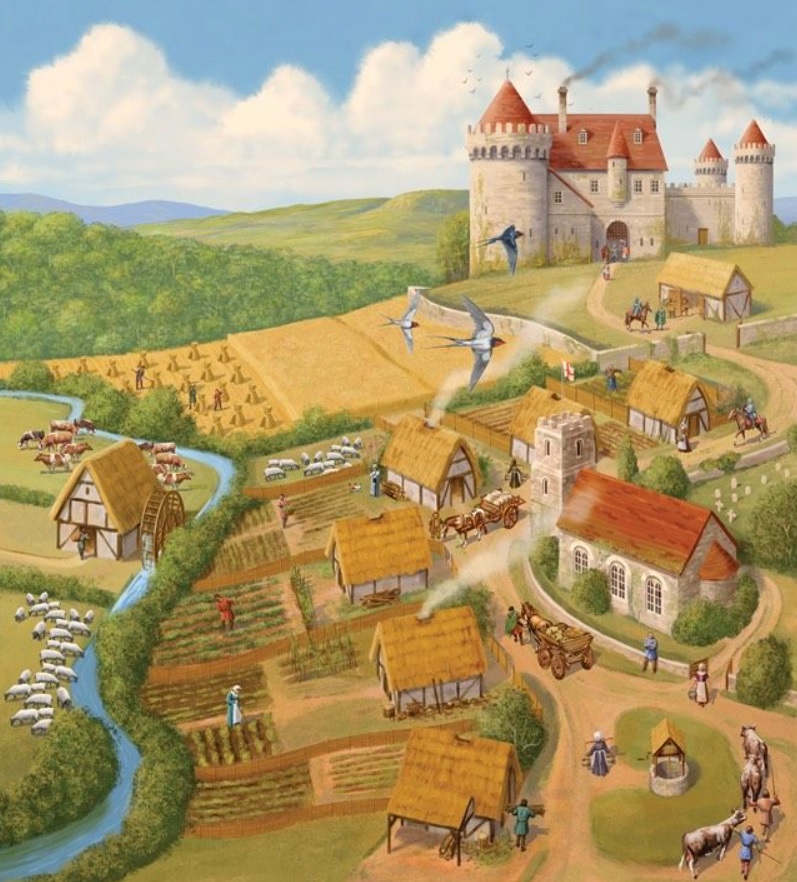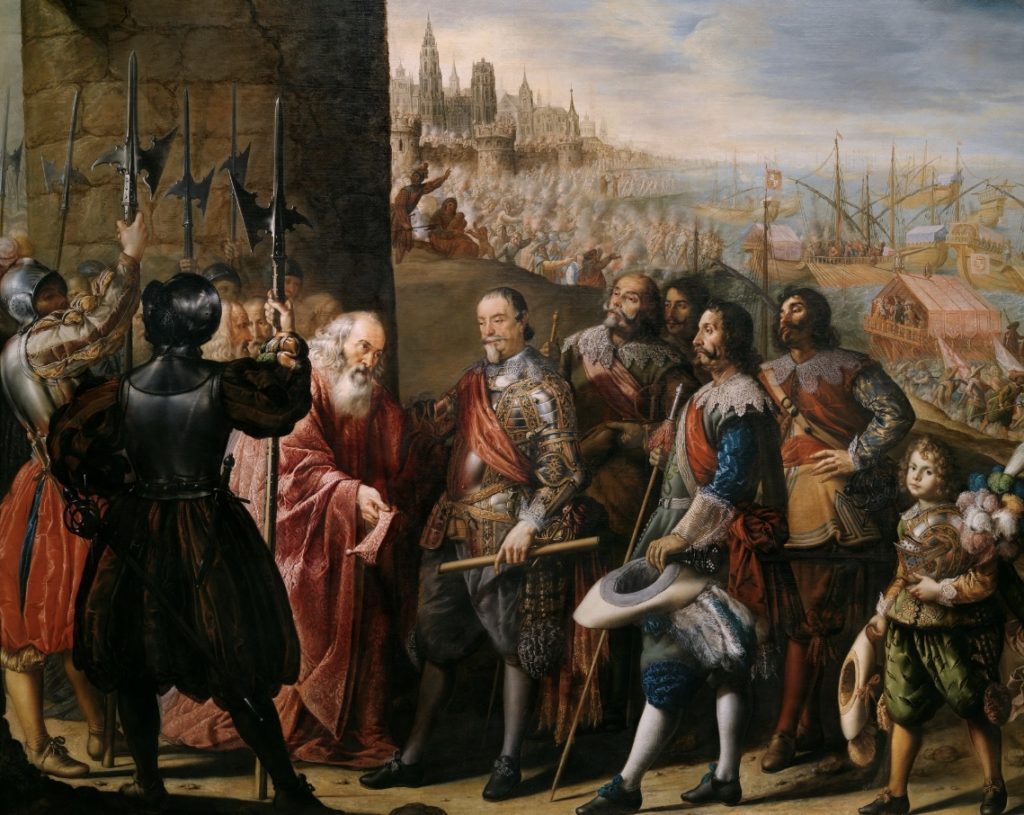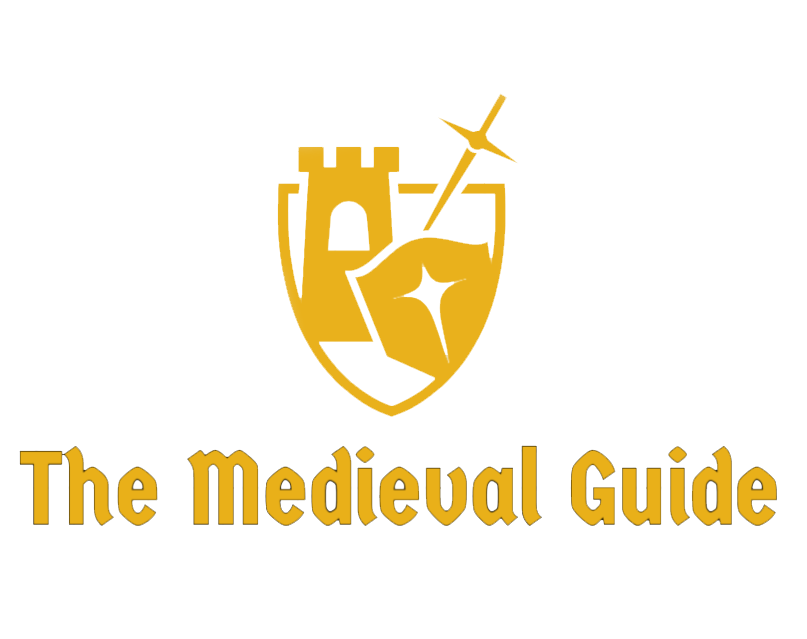As the head of a medieval estate, a lord held a position of power and responsibility in society. Some lords were responsible for managing large estates, collecting taxes and rents, and maintaining law and order on their lands. Others held positions in the military, the church, or the government, and had responsibilities related to these areas.
These duties and responsibilities varied depending on the size and complexity of the lord’s estate, but some common themes emerged. In this article, we will explore the various duties and responsibilities of lords in the medieval period.
Land Management
One of the primary duties of a medieval lord was the management and maintenance of the land under their control. This included overseeing the cultivation of crops, the breeding and care of livestock, and the management of any forests or other natural resources.

Lords were also responsible for ensuring that their lands were properly defended and protected from external threats, such as raiders or neighboring nobles with territorial ambitions.
In addition to these practical tasks, nobles also had to consider the legal and financial aspects of land management. They were responsible for collecting rents and taxes from tenants and villagers, and for ensuring that these funds were used wisely to maintain and improve the estate. They also had to keep track of landholding records and resolve disputes that arose over property and inheritance.
Military Leadership
In times of war or conflict, a medieval lord was expected to lead their soldiers into battle and defend their lands and people. This required not only physical courage and strategic skill, but also the ability to inspire and rally troops under their command.
Lords often had to make difficult decisions about when and how to go to war, and they bore the ultimate responsibility for the safety and well-being of their soldiers.

Even in times of peace, nobles were expected to maintain a certain level of military readiness. They had to ensure that their soldiers were well-trained and equipped, and that they had access to adequate resources and supplies.
Lords also had to make arrangements for the defense of their lands in the event of an attack, whether through the construction of fortifications or the establishment of alliances with other nobles.
Related article: Did medieval lords fight each other?
Justice and Law Enforcement
As the highest authority on their estates, medieval lords were responsible for administering justice and enforcing the law. This included the ability to hear cases, issue judgments, and impose punishments for crimes and offenses committed within their jurisdiction. Lords were expected to be fair and impartial in their dealings with their subjects, and to ensure that justice was served according to the laws and customs of the time.
In addition to their judicial duties, lords were expected to maintain order and ensure the safety of their subjects. This could involve anything from mediating disputes between villagers to punishing bandits or other criminals who threatened the peace and prosperity of the community.
Lords were also responsible for maintaining the infrastructure of their estates, such as roads and bridges, to ensure that commerce and travel could flow smoothly.
Representation and Diplomacy
Medieval lords were often called upon to represent their estates and communities at a higher level, whether in local assemblies or at the court of a king or queen. In these roles, they were expected to advocate for the interests of their subjects and to negotiate on their behalf with other nobles and officials. This could involve anything from settling border disputes to negotiating trade agreements or alliances.

Lords also had to be mindful of the larger political landscape in which they operated, and to navigate the complex web of relationships and power dynamics that shaped medieval society. This could involve balancing the needs and desires of their own subjects with the demands of a larger governing authority, or navigating the shifting allegiances and rivalries of other lords and nobles.
Conclusion
As the head of a medieval estate, a lord had a wide range of duties and responsibilities that extended beyond the boundaries of their own lands. From managing resources and leading troops in battle, to administering justice and representing their subjects in higher assemblies, lords played a central role in the social, economic, and political life
